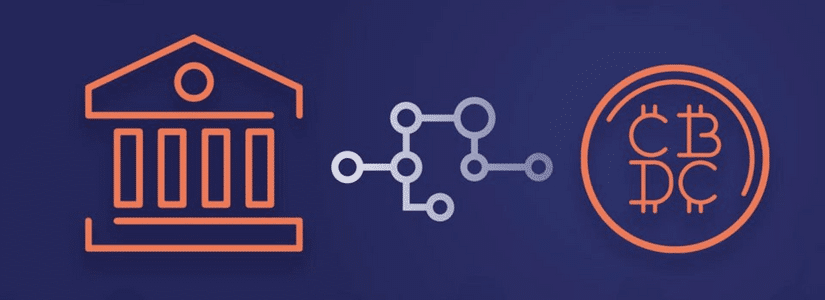Senator Ted Cruz has introduced a bill that aims to prevent the Federal Reserve from adopting a central bank digital currency (CBDC) without explicit congressional approval. The bill, titled the “Holding the Federal Reserve Accountable for Monetary Policy Act,” was introduced on March 14, 2023, and has been referred to the Committee on Banking, Housing, and Urban Affairs.
In a statement, Senator Cruz argued that the adoption of a CBDC by the Federal Reserve could have significant implications for the economy and individual privacy. He claimed that a CBDC would give the government unprecedented control over individuals’ financial transactions and increase the risk of government surveillance.

Furthermore, the Senator expressed concern that the adoption of a CBDC would undermine the role of private financial institutions and potentially lead to the displacement of the US dollar as the world’s reserve currency. He argued that the Federal Reserve should not be able to unilaterally make such a consequential decision without explicit congressional approval.
The bill proposes that any decision to create or adopt a CBDC by the Federal Reserve must be authorized by Congress. Specifically, the bill requires the Federal Reserve to obtain approval from both the House of Representatives and the Senate before proceeding with any CBDC-related initiatives.
The bill also seeks to increase transparency and accountability within the Federal Reserve by requiring the central bank to provide regular reports to Congress on its monetary policy decisions and their implications for the US economy.

The introduction of this bill comes as several central banks around the world, including China, Sweden, and the Bahamas, have begun experimenting with CBDCs. Proponents of CBDCs argue that they could improve financial inclusion, reduce transaction costs, and increase the efficiency and security of payments systems.
However, critics have raised concerns about the potential risks associated with CBDCs, such as increased government surveillance and the risk of cyberattacks. Some have also argued that CBDCs could exacerbate financial instability and create new risks to the global financial system.
The introduction of the “Holding the Federal Reserve Accountable for Monetary Policy Act” highlights the growing debate around CBDCs in the United States and the need for careful consideration of the potential risks and benefits of such a technology. While it remains to be seen whether the bill will gain traction in Congress, it is clear that the adoption of a CBDC by the Federal Reserve would be a significant decision with far-reaching implications for the US economy and global financial system.












